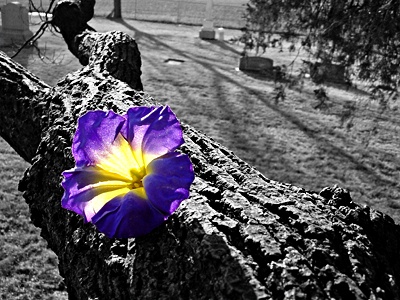All Nonfiction
- Bullying
- Books
- Academic
- Author Interviews
- Celebrity interviews
- College Articles
- College Essays
- Educator of the Year
- Heroes
- Interviews
- Memoir
- Personal Experience
- Sports
- Travel & Culture
All Opinions
- Bullying
- Current Events / Politics
- Discrimination
- Drugs / Alcohol / Smoking
- Entertainment / Celebrities
- Environment
- Love / Relationships
- Movies / Music / TV
- Pop Culture / Trends
- School / College
- Social Issues / Civics
- Spirituality / Religion
- Sports / Hobbies
All Hot Topics
- Bullying
- Community Service
- Environment
- Health
- Letters to the Editor
- Pride & Prejudice
- What Matters
- Back
Summer Guide
- Program Links
- Program Reviews
- Back
College Guide
- College Links
- College Reviews
- College Essays
- College Articles
- Back
Spring
She does live between winter and summer:
rainy, not snowy, nor sunny and bright.
Dark clouds fill the sky, chiller and dumber,
but behind them, the sun, beaming with light.
Springtime is an escape from harsh winter,
though the storms make her question moving on.
Then, through the clouds, the sun’s warm rays splinter,
and springtime then turns from darkness to dawn.
Suddenly, the weather starts to get warm
and the once so harsh storms become lesser.
The once so cold ground begins to transform;
sunshine names spring the winter’s successor.
No longer tormented by winter’s chill,
flowers and rainbows reveal spring’s thrill.

Similar Articles
JOIN THE DISCUSSION
This article has 0 comments.

This sonnet represents my inner emotions. The speaker associates with the springtime as she struggles to abandon winter and transition into summer. Spring storms remind the speaker of her dark past, but as the seasons inevitably change, the speaker is reminded of life's warmth and rejoices in the warm summer sun.